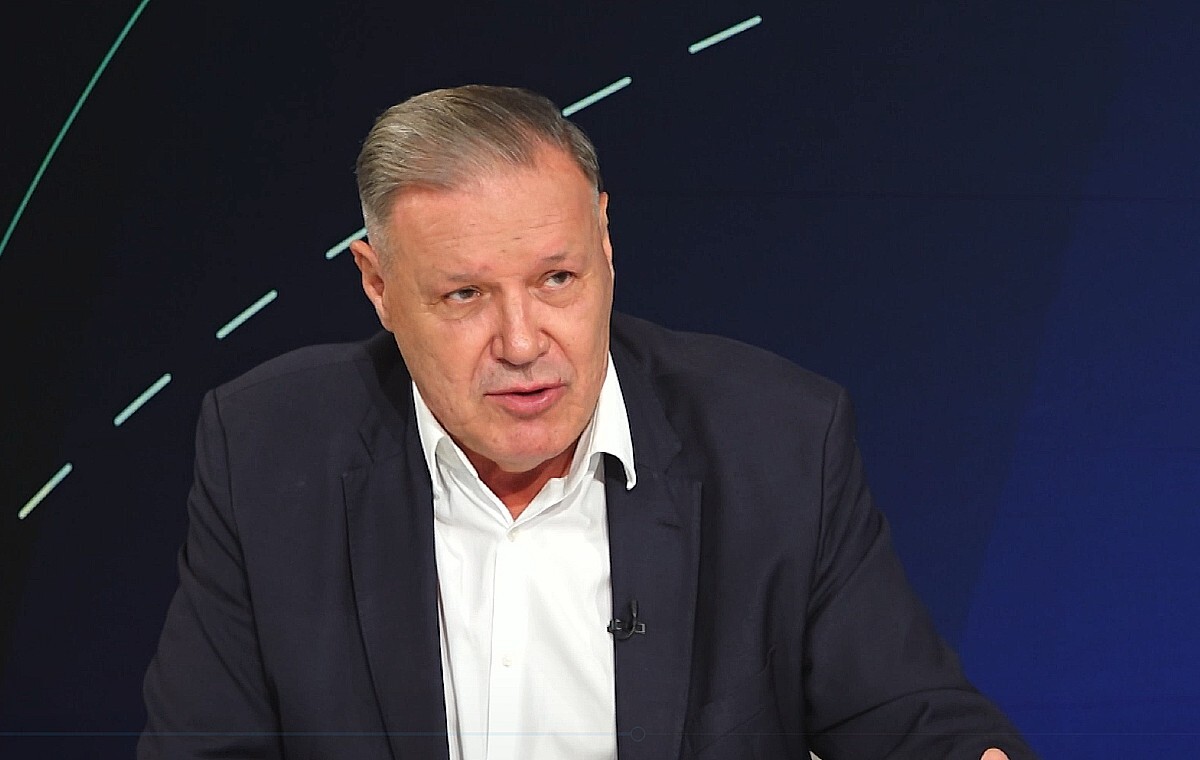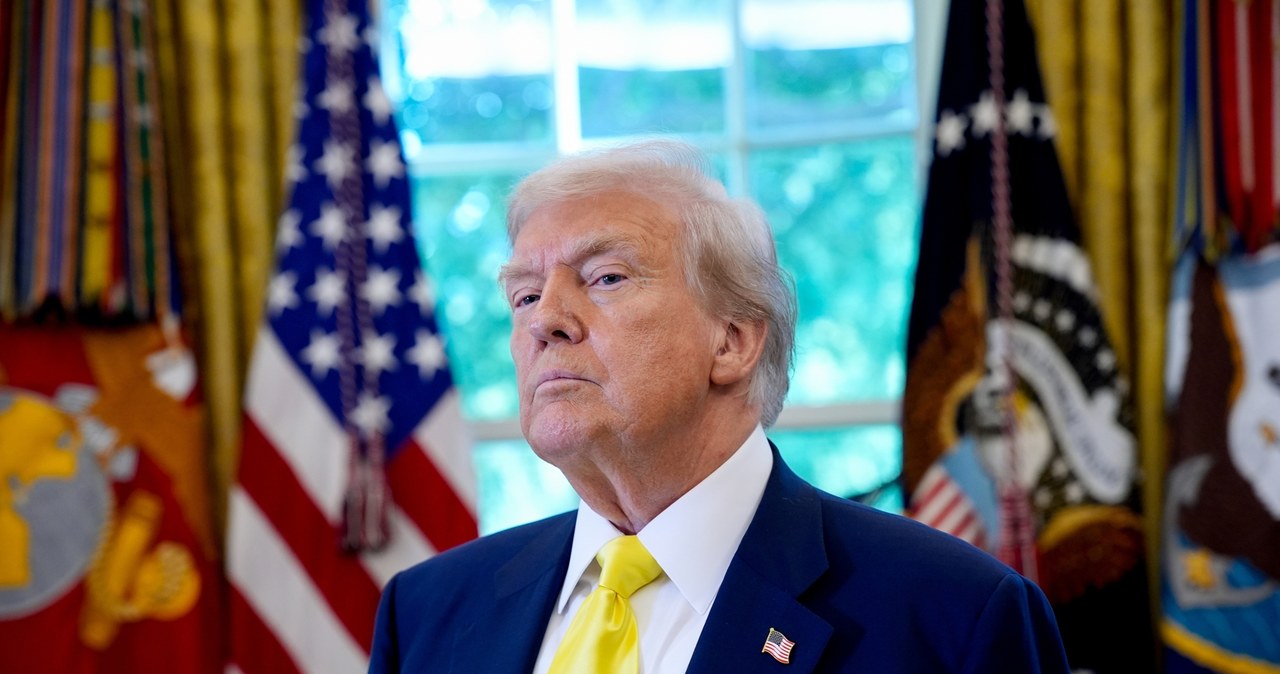
You Can’t LNG Your Way Out Of A Trade Deficit
Authored by Tsvetana Paraskova via OilPrice.cm,
-
Some traditional U.S. energy buyers, such as Japan, South Korea, and the EU, have signaled that they may be willing to buy more American oil, LNG, or coal.
-
Higher energy imports from the trade partners could dent some of the U.S. trade deficits, but they will by no means fix or erase these.
-
Commitments and contracts to buy more U.S. energy will not necessarily spare any buyer from tariffs.
U.S. President Donald Trump insists that American buyers boost purchases of U.S. energy goods to reduce their large trade surpluses with America.

Some traditional U.S. energy buyers, such as Japan, South Korea, and the EU, have signaled that they may be willing to buy more American oil, LNG, or coal to appease the President who has fixated on fixing the massive trade deficits America runs with most countries.
Higher energy imports from the trade partners could dent some of the U.S. trade deficits, but they will by no means fix or erase these.
For most countries, energy is the only viable increase in imports from the United States. Japan, South Korea, and the EU, for example, have expressed readiness to boost their LNG or oil imports from America.
They did so immediately after President Trump’s inauguration. Nonetheless, tariffs followed. They are now paused, but the threat of more rounds of tariffs across the board is still very much present—just look at the whiplash trading and carnage on Wall Street.
Even if buyers commit to significantly boosting their imports of U.S. oil and gas, the deficits will remain. On the other hand, U.S. exporters cannot provide the energy commodities needed to significantly reduce America’s trade deficits.
A case in point is President Trump’s idea that the European Union should pledge to buy $350 billion worth of energy from the United States if it wants tariff relief.
The European Union is ready to commit to buying more liquefied natural gas from the United States if that would appease President Trump and make him reconsider tariffs, the EU’s energy commissioner Dan Jørgensen said this week.
However, $350 billion worth of LNG is roughly equal to some 40 million tons of the super-chilled fuel. That’s more than half of the EU’s total LNG imports last year of some 75 million tons, much of which came from America anyway, per the bloc’s statistics agency, Eurostat.
Commitments and contracts to buy more U.S. energy will not necessarily spare any buyer from tariffs. Taiwan, traditionally strongly supported by the U.S. in its quest to shake off Chinese influence and continue to be a democracy, saw this firsthand.
Taiwan was slapped with a 32% tariff, which has been halted for 90 days, although it had just made some big commitments to invest in the U.S., including in U.S. energy projects. Last month, Taiwan’s state-held oil and gas company CPC Corporation signed a letter of intent to invest in the $44-billion Alaska LNG export project and buy LNG from it as part of a move to bolster its gas supply and energy security.
Unfortunately for Taiwan, in any negotiations with deficit-fixated President Trump, the value of its exports to the U.S. – predominantly semiconductors – vastly outstrips the value of the goods it imports from America.
Taiwan wasn’t spared from one of the highest now-suspended tariffs despite being the only early committed investor in the huge Alaska LNG project, while Japan and South Korea are hesitating.
This doesn’t give much assurance to other energy buyers that their commitments would satisfy President Trump.
And even if Japan, for example, were to dramatically raise its oil exports from the U.S. to account for 10% of all its crude imports, up from 1.6% last year at WTI at $60 per barrel, the volumes would be worth about $4.8 billion, Reuters columnist Clyde Russell estimates. But Japan’s trade surplus with the U.S. was more than 14 times higher than this—at $68 billion in 2024, he notes.
Moreover, Japan already imports U.S. LNG, representing nearly 10% of all its LNG purchases. It isn’t easy to increase this amount due to Japan’s long-term supply deals with other LNG exporters and the simple logistics and availability of U.S. LNG exports.
U.S. trade partners will now look to negotiate their way out of hefty tariffs during the 90-day pause. They can only hope for reasonable talks and deals, and that the U.S. and the world will avoid recession in the escalating U.S.-China trade war that could crush global energy demand and the U.S. ability to sustain its oil production at current levels.
Tyler Durden
Sun, 04/13/2025 – 10:30

 3 miesięcy temu
3 miesięcy temu




![[OGŁOSZENIE] Poszukiwany sprawca kolizji w Czechowicach-Dziedzicach](https://img.bielskiedrogi.pl/2025/08/zdjecie_whatsapp_2025_08_09_o_19_34_22_f26082c3_49da.jpg)






